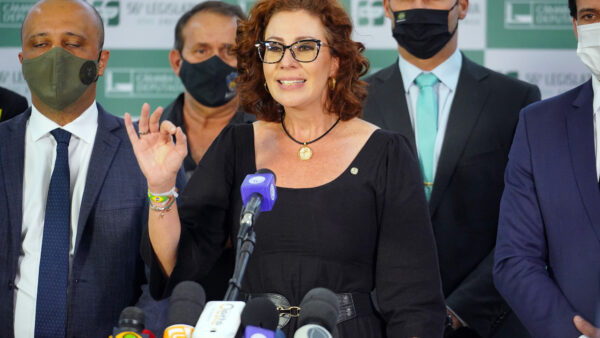The question laid down by the polls in the lead-up to Brazil’s Sunday election was: can former President Luiz Inácio Lula da Silva manage to win the presidency outright? But when votes started being counted, the results showed a very different picture.
On the eve of Election Day, readings from the most renowned institutes in the country, Datafolha and Ipec, predicted a 14-point gap separating Lula from President Jair Bolsonaro. In the end, Lula got a lead of just five points.
For some of the most closely-watched gubernatorial races, the miscalculations were even more significant.
In Bahia, Datafolha had ‘ACM’ Neto, a former mayor of the state capital Salvador, on the verge of a first-round victory, leading 51-38 against the Workers’ Party candidate, Jerônimo Rodrigues. Voters instead gave Mr. Rodrigues 49 percent of the vote, against 41 percent for Mr. Neto. Last week, our own Cedê Silva had already flagged that Mr. Rodrigues was likely to prove the polls wrong.
In São Paulo, Brazil’s biggest electoral constituency, the polls had Workers’ Party contender Fernando Haddad comfortably ahead of Tarcísio de Freitas, Mr. Bolsonaro’s former infrastructure minister — 39-31. But Mr. Haddad ended up with less than 36 percent of the vote, while Mr. Freitas obtained a whopping 42 percent.
In Rio de Janeiro, pollsters got the order of the candidates right, but Datafolha failed to foresee the outright election of incumbent Cláudio Castro.
Datafolha and Ipec have always been considered the standard for opinion polling in Brazil. They carry out in-person interviews, which are regarded by many as a more reliable tool for assessing voter opinion. That is because phone and internet polls — often used by newer competitors — are thought to involuntarily overrepresent wealthier voters (who are a minority of the country’s population).
But the significant discrepancies between this year’s polls and the official results have shaken that notion. Media outlets that commission many of the...


 Search
Search






































